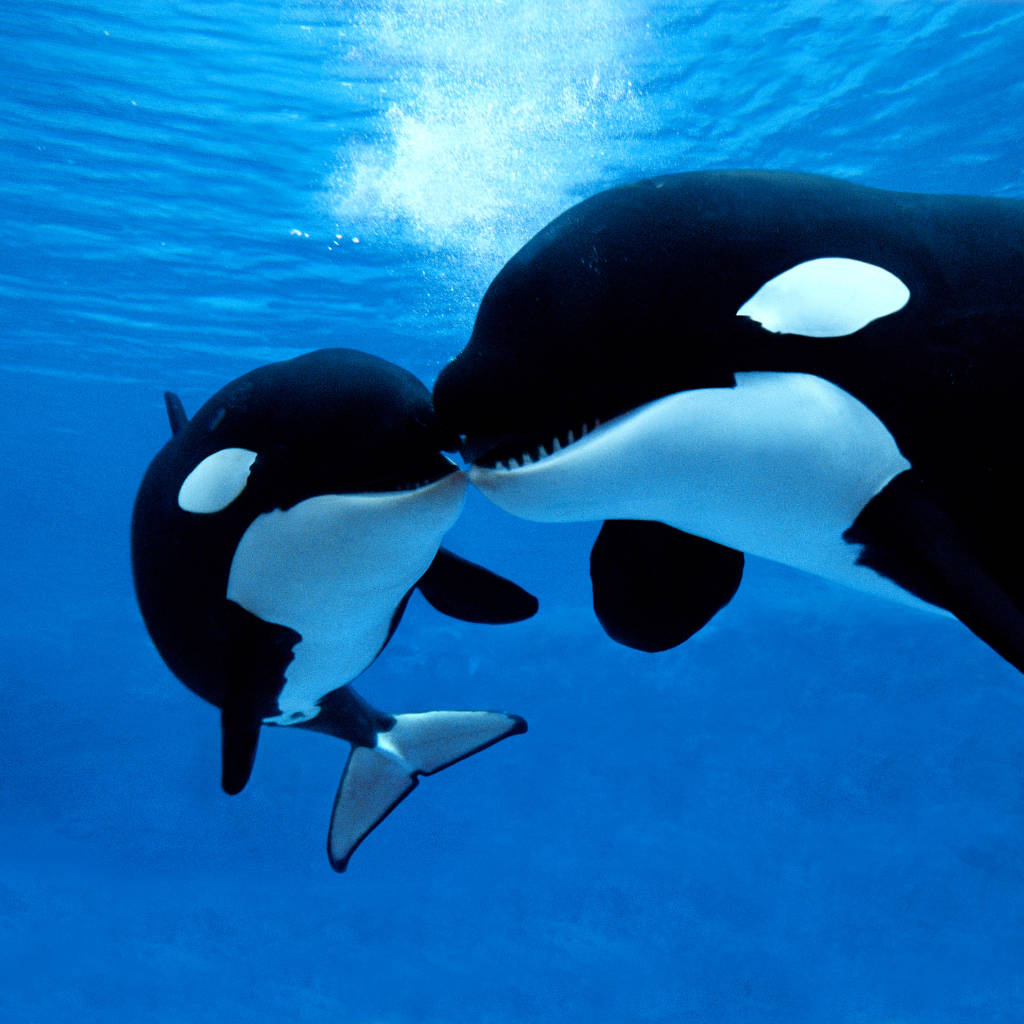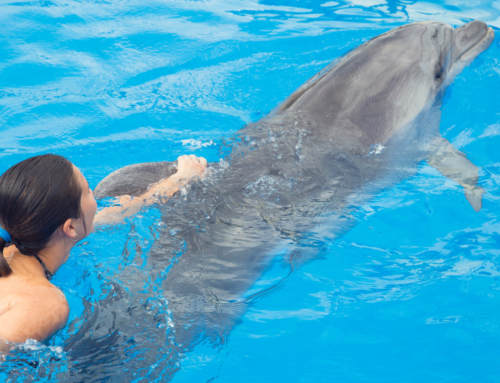
There has been a lot of news coverage of orca, or killer whale, attacks on boats off the coast of Spain with varying levels of scientific evidence to back the claims. Orcas are highly intelligent creatures, so it’s difficult to pinpoint exactly why they are attacking the sailing vessels, but not necessarily the people inside of them. Luckily, these attacks have only been seen in a subpopulation of killer whales on the Iberian coast.
Table of Contents
What’s been going on?
If you haven’t heard, get ready for a wild ride. Killer whale activity has been increasing on the Iberian coast since 2020 but has reached a peak in the last few months with a rise in orca boat attacks. Now, the marine mammals are attacking boats on a nearly daily basis with three boats actually sinking from the attacks in the last six months. The attacks began after a female orca, named White Gladis, was struck and injured by a rudder in a boat collision. Now, White Gladis may be teaching other orcas to attack boat rudders, leaving ships and fishing boats stranded and damaged in the water.
Why are Iberian orcas attacking boats?
Due to their high intelligence levels, it is hard to know for sure why the orcas around Iberia are attacking boats. However, orca researchers have a few theories they are looking further into.
Theory 1: Revenge
One theory that has taken root for the general public is that the orcas are seeking revenge, or, more specifically, White Gladis is. According to the theory, Gladis was traumatized after being struck by the boat rudder and has been tearing off rudders of sailboats and other aquatic vessels in an act of revenge. Her orca friends, as friends do, are helping her with the violence. So far, however, most experts are not buying into this theory.
My biggest issue with this theory is that we, as humans, have a tendency to anthropomorphize, or inaccurately apply human characteristics to other animals. This is especially true in other intelligent mammal species, including aquatic mammals. In my personal opinion, revenge as the killer whales’ motivation is an anthropomorphized one and probably much more complicated than what is actually occurring.
Theory 2: Defensive behavior
This theory is similar to the revenge theory, but a bit more plausible. In this theory, the orcas attacking the boats are copying one traumatized orca, however, it is in defense of a perceived threat rather than in revenge. Gladis was “attacked” by a rudder, she communicated to her pod about the threat, and now boat rudders are seen as a predator or a threat to the pod that needs to be removed.
We see similar behavior in other mammals. For example, dogs who have been abused in the past have fear responses that are often aggressive toward people who look like their abusers. Cats who have had a painful procedure at a vet’s office can become aggressive in future visits as a trauma response. In this case, the boat rudder caused the pain so other rudders are seen as a threat.
Theory 3: They’re just playing
Killer whales, despite their name, are actually dolphins. It is well documented that dolphins, like other highly intelligent mammals, are extremely playful. It is not unusual to see dolphins playing with their prey or other makeshift toys in the water. One theory that has been floating around is that orcas in the area have begun simply playing with rudders and have communicated their fun to each other.

How intelligent are orcas?
Orcas are highly intelligent beings with some researchers believing their IQ is equivalent to a human 16-year-old. They have their own social groups and hierarchies like humans and chimps where there is both cooperation and competition. They have also been observed teaching each other new hunting techniques, which can help explain the uptick in boat attacks.
Are killer whales dangerous?
As apex predators, killer whales have the potential to be extremely dangerous. However, they typically do not make an effort to attack humans directly, most likely not making the link between boats and the people in them. The loss of human life from a killer whale attack is usually a result of injuries or drowning from an attempt to play. However, killer whales should not be intentionally approached by swimmers, kayakers, or boaters both for the humans’ and animals’ safety. Orcas outside of the Spanish seas have not been showing changes in their contact with boats, so you are likely as safe as always in other areas with wild orca populations. The boat attacks from the Iberian orca subpopulation will likely stop at some point, but until then I would advise you to avoid boating in the area.
Be sure to check out my other animal tourism articles and my podcast to learn more about animal and wildlife activities around the world! I spoke with an orca researcher about why these attacks are happening based on what we know about orca behavior. You can listen here!









Leave a Reply